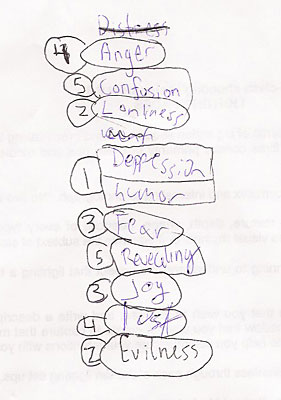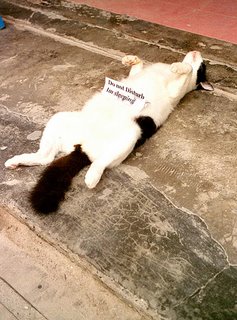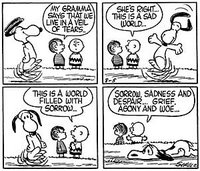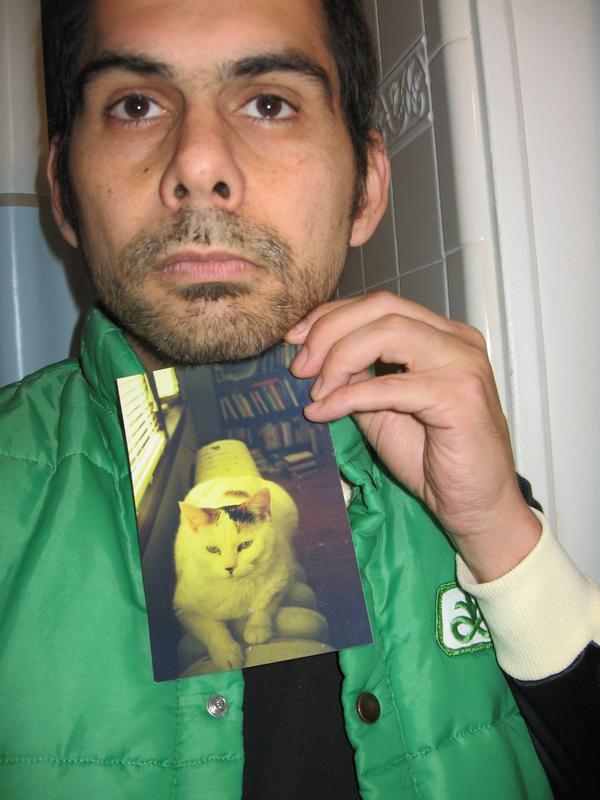Much talk in one of my courses about the nature of originality and its relationship to authenticity. Here's a quote in that context:
"Is there room for a conception, an elaboration, which gives the conceptual and the experiential their due, which is not reductionist, but draws them both on to an expanding track, enriching them while critiquing them by one another? Submitting both to a creative activity comparable to that which produces works of art, without thereby aligning oneself with an aesthetic theory?" -- Henri Lefebvre, The Critique of Everyday Life Volume III, 34.









